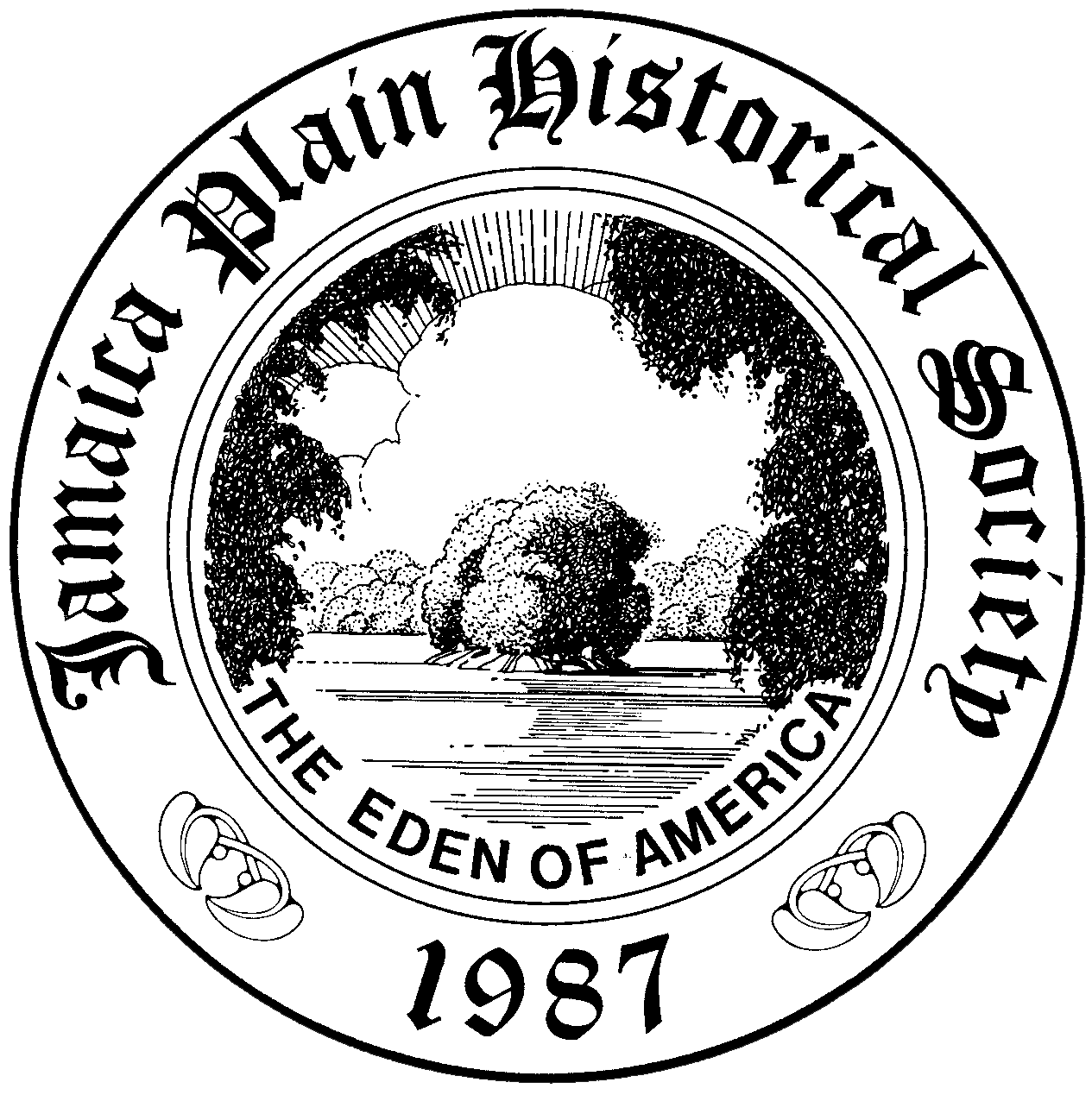Maud Cuney Hare
Maud Cuney Hare.
en.wikipedia.org/wiki/Maud_Cuney_Hare
When Mary Smoyer conducts the annual Women’s History Walk through Jamaica Plain, Maud Cuney Hare (1874-1936) will be the first African-American woman included. It seems appropriate; her life’s work is a testimony to make known the cultural achievements of the black community.
Maud C. Hare was a multi-talented genius: pianist-lecturer, composer, playwright, biographer, poetry editor, folklorist, Black music historian and collector, founder and director of The Allied Arts Centre in Boston.
Hare moved to Jamaica Plain in 1904 after her marriage to William Parker Hare. The couple resided at 43 Sheridan Street for years before her death in 1936.
The granddaughter of slaves, Hare came from a prominent family of Galveston, Texas. Her father, Norris W. Cuney, was a pioneer in black politics and a successful businessman. Her mother, Adelina Dowdy (Cuney) sang publicly on occasion.
Maud Cuney first came to Boston in 1890, after a summer spent in Newport R.I., to attend the New England Conservatory. She faced discrimination as one of only two “colored” students in the school.
Her father received a letter in late October asking him to remove Maud since many of the students suffered from “race prejudice.” Mr. Cuney wrote an eloquent letter back to the school, flatly refusing. Affectionately praising his daughter he wrote to her, “I can safely trust my good name in your hands.”
The incident outraged the Colored National League, which threatened to have the doors of the building closed. Years later Hare wrote about how she stayed and was “subjected to many petty indignities,” but “insisted on proper treatment.” She was only sixteen and far away from home. Later, her friend W.E.B. DuBois would call her “the bravest woman” he’d ever known.
Maud Cuney Hare is best known for her book: Negro Musicians and their Music (1936). Reaching back to the African homeland and diaspora, she gathered materials and collected songs in her wide travels in Mexico, the Virgin Islands, and Puerto Rico, Cuba and throughout the United States. The book included biographies of contemporary musicians, as well as early black pioneers of American and international renown.
For many years she was active as a musician-pianist-lecturer, touring with her partner of twenty years, baritone William Howard Richardson. They specialized in African-American and Creole music and their concerts received rave reviews from major newspapers.
In 1919, their concert-lecture at the Boston Public Library was the first presentation of a musician of color in the B.P.L. series. They gave concerts with many of the other leading musicians of their day and were closely associated with Roland Hayes and Clarence Cameron White.
In 1927, with no money, Hare founded the Allied Arts Centre in Boston, an ambitious project. The Centre held concerts, lectures, and classes in art, music and drama. Both known and up-and-coming writers produced original and published plays. Hare’s own “Antar of Araby”, about a fifth-century poet-warrior, was produced with music by Clarence Cameron White, Hare and Montage Ring (Ira Aldridge).
Many talented people from Boston’s black community participated: some would develop national reputations as artists in their fields. The Allied Arts productions received praise from the newspapers, and the house was usually filled with a mixed audience.
Written By Elizabeth Quinlan. Reprinted with permission from the August 28, 1992 Jamaica Plain Gazette.Copyright © Gazette Publications, Inc.

